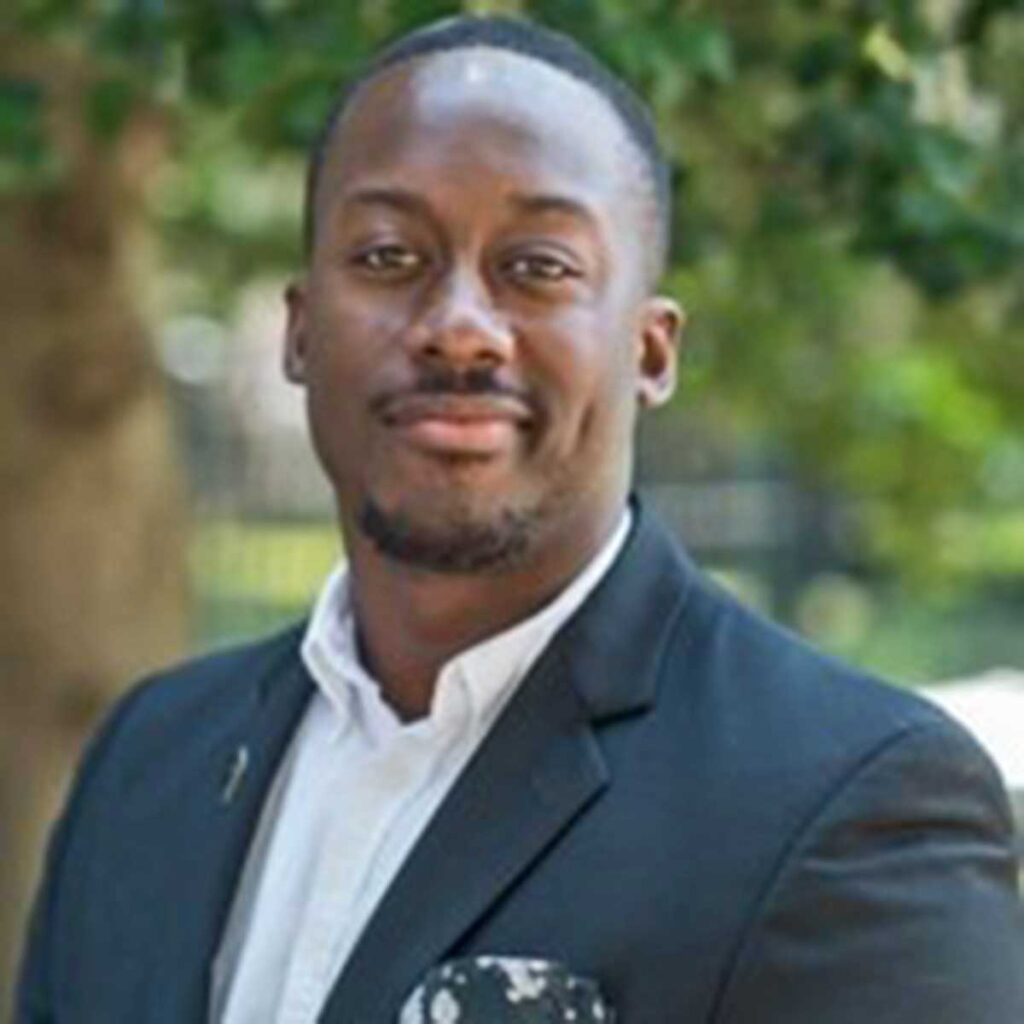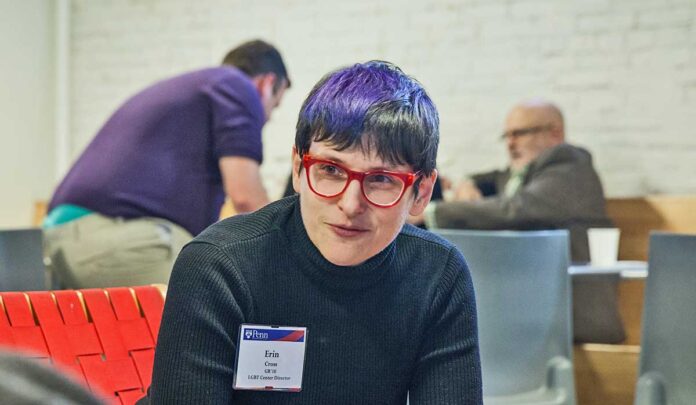Due to the COVID-19 pandemic, college students have had to live their lives a little differently than initially planned. This includes taking online classes and not engaging with that same sense of camaraderie they would have felt if they attended college in person.
Many LGBTQ students, in particular, felt a specific form of isolation. But how did campus staff members assist these students? PGN spoke with representatives from departments specializing in diversity and inclusion at Drexel University and University of Pennsylvania on how students felt, what the staff did to combat these issues, and how they plan to move forward.
Maurice Cottman, the director for Drexel’s Student Center for Diversity & Inclusion, said many students could not go home and felt homeless because they couldn’t utilize campus housing and had numerous financial issues.
“I think the pandemic showed that most of us are one paycheck away from being broke or destitute, and college students are really high on that list,” he said. “When you don’t have work-study opportunities, campus jobs or the local grocery store that you might work at, you realize you’re in a tighter predicament than you probably realized.”
Erin Cross, the director for UPenn’s Lesbian Gay Bisexual Transgender Center, noted the impact of financial issues on transgender and gender-nonconforming students. She said there was a huge uptick in students who applied for UPenn’s Townsend Munro Fund, which assists students making gender transitions. She noted that a high number of students applied for it during the pandemic as they now had to pay for food and rent in addition to medical supplies and other things necessary for transition.
“That was something we were pretty shocked by during the first six months of the pandemic in particular,” Cross said. “Our trans students were struggling financially a great deal.”
Cross noted the issues many students had upon leaving campus. In particular, she said students had trouble maintaining the friendships they began during their first year at the university due to being in different living spaces as a result of quarantine. Additionally, she said some students felt like they had to live a double life upon returning home.
“[Our now sophomores] had some issues in terms of putting out that extra energy to live two lives and we heard that loud and clear from them,” she said. “The incoming first-year students felt like they were coming to Penn to be their full selves and [then] they were stuck at home and couldn’t do that.”
Both Cross and Cottman said they had to do a little extra work when it came to reaching out to students and plan to do similar work in the future. In particular, Cottman said the foundation of his work hasn’t exactly changed but noted he had to do more outreach work via email, social media and other forms of digital communication. Overall, he called it an “amplification” of the work he was already doing to show students the resources SCDI has to offer.

“I think a lot of students on my end have tried to log off whenever they didn’t have to be in class and that’s pretty much why I have to work a little bit harder to keep their attention and to make contact,” Cottman said. “Sometimes it’s hard for them to even respond to an email or return a call. But [I also try to make] sure that the people I am offering resources to are healthy in all kinds of ways. I think we forget sometimes that health and safety are privileges that not everybody is afforded.”
To assist students with their unique needs during the pandemic, UPenn’s LGBT center hosted online programs and collaborated with the university’s CAPS (Counseling and Psychological Services) program. The two departments created a suite of videos offering tips on how to manage being at home during the pandemic.
Cross said the students were more engaged through the virtual programs than they were in person and the center’s staff plans to keep these programs in place.
“For some folks, it just feels more comfortable for them,” she said. “They don’t have to have their camera on if they don’t want to. It just makes it so much easier. We also are thinking through other ways we could possibly be proactive in terms of supporting our students.”
Cross said the center plans to hire a new staff member and also run a mentor program for undergrads, graduate students and alumni in the future.
Through this past year, Cross learned one interesting thing about UPenn’s LGBTQ students.
“We really learned our students are incredibly resilient,” she said. “Certain students [made me think] ‘If I was in your shoes, I would’ve dropped out or taken a leave of absence. I couldn’t have done this.’ They’re doing stellar work.”
Cross said that moving forward, the LGBT Center will try to capture that same feeling of community.
“I think our community is even stronger coming out of the pandemic,” she said. “I really think we have a bright future ahead and I think that’s because it can only get better at this point.”
As for the current climate, Cottman said Drexel students have higher morale now that they’re back on campus.
“I think when people are able to be on campus, they are enjoying it a lot more than being in isolation,” he said. “They’re able to be around other human beings again that weren’t just the people in their homes.”
